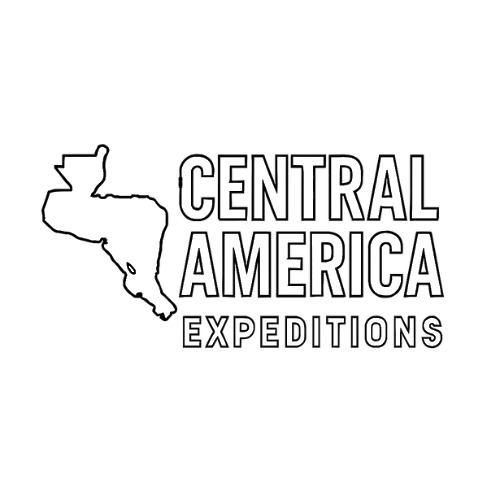Costa Rica is a global leader in eco-tourism and sustainability, offering an incredible diversity of landscapes, wildlife, and adventure activities. From misty cloud forests and active volcanoes to sun-soaked Pacific and Caribbean beaches, the country is a paradise for nature lovers and thrill-seekers alike. With more than 25% of its territory protected by national parks and reserves, Costa Rica is ideal for travelers who want to explore jungles, see exotic wildlife, and experience pura vida—the laid-back and joyful way of life unique to Costa Ricans.
Before planning your trip, we recommend checking the latest travel requirements for your destination. Entry rules can vary depending on your nationality, vaccination status, and transit points. For the most accurate and up-to-date information, please use the official TravelDoc tool to verify visa policies, health regulations, and documentation needed for your journey.
Citizens from the U.S., Canada, the EU, and most Latin American countries can enter visa-free for up to 90 days. A tourist entry fee may apply upon arrival.
Routine vaccines (MMR, tetanus, hepatitis A) are recommended. Hepatitis B, typhoid, and rabies are advised for longer stays or rural travel. No yellow fever vaccination required unless arriving from a yellow fever zone.
The dry season (December to April) is the most popular, with sunny days perfect for outdoor activities. The green season (May to November) brings afternoon showers and lush scenery.
The climate varies by region. The Pacific coast is hot and dry during dry season, while the Caribbean coast remains humid year-round. Mountainous regions are cooler.
Yes. In restaurants, a 10% tip is customary if not already included. Small tips are appreciated for drivers, guides, and hotel staff.
Internet access is widely available in cities and tourist areas. Most hotels, cafes, and restaurants offer free Wi-Fi.
Yes, ATMs are available throughout the country. Many dispense both Costa Rican colones and U.S. dollars.
Major credit cards are accepted at hotels, restaurants, and large stores. Smaller businesses may only take cash.
Yes. Unlocked phones can use local SIM cards from providers like Kolbi, Movistar, or Claro. Roaming is also available.
In urban areas and tourist sites, Western-style toilets are standard. In rural areas, facilities may be basic. Carry toilet paper just in case.
Tap water is not considered safe to drink in most parts. Bottled water is recommended and widely available.
Generally yes, especially in tourist zones. As with any destination, use common sense: avoid displaying valuables, don’t walk alone late at night, and follow local advice.
Stay hydrated, use insect repellent, wear sunscreen, and avoid undercooked food. Travel insurance is highly recommended.
While not mandatory, travel insurance is strongly advised to cover medical emergencies, trip delays, or theft.
